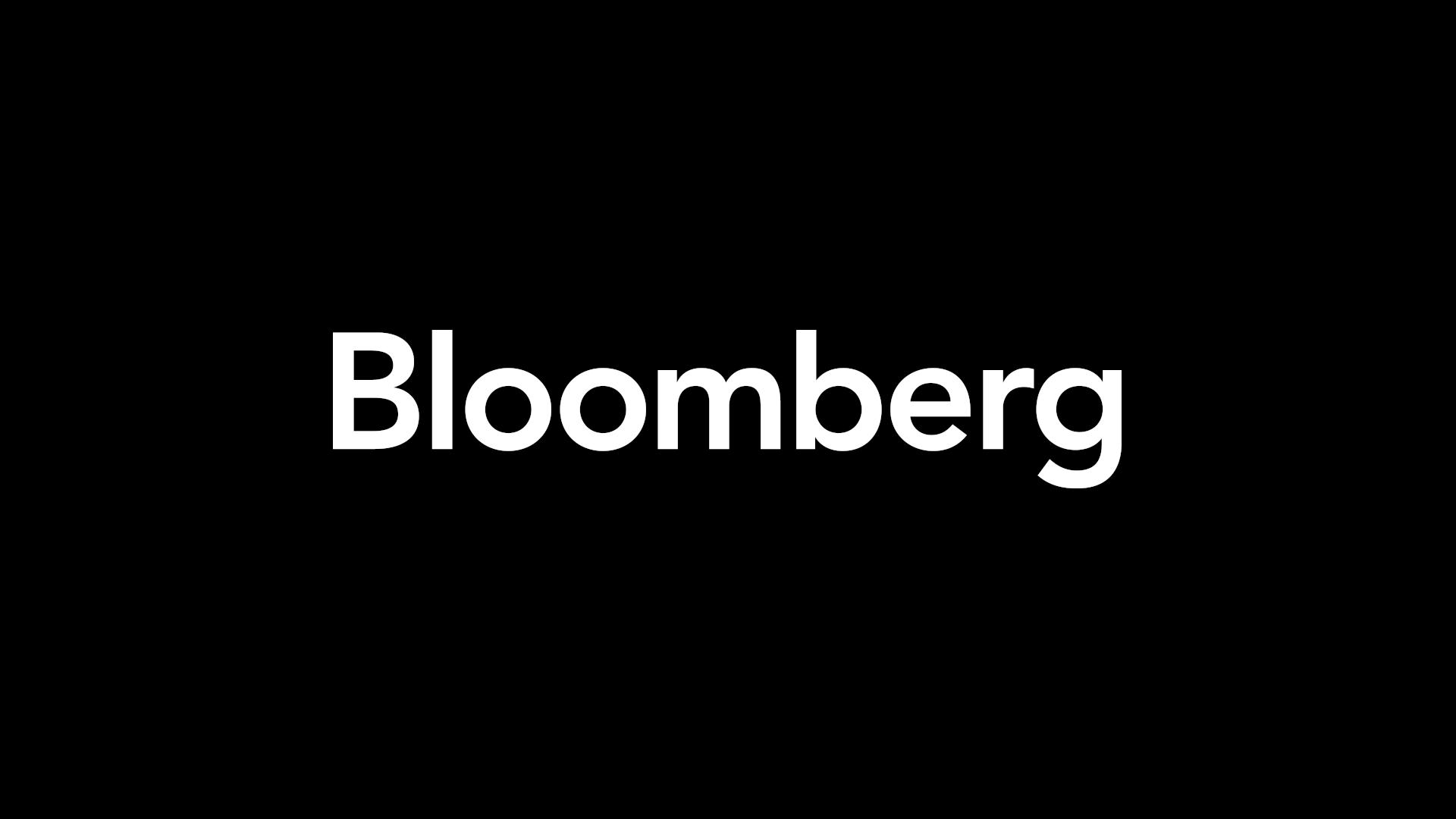The Argentine government’s tender process for a 30-year contract to dredge the Parana River, a crucial waterway for global agricultural trade, is facing significant criticism. Competitors and industry stakeholders allege the terms unfairly favor the incumbent contractor, Jan de Nul NV, potentially hindering fair competition.
The Parana River is a vital artery for Argentina’s agricultural exports, carrying billions of dollars worth of crops annually. A new contract is crucial as the previous one expired in 2021, leaving dredging companies in limbo. President Javier Milei’s administration launched the tender in November with a February 12th deadline for applications. However, the process has been mired in controversy.
 Parana River with cargo ships.
Parana River with cargo ships.
Belgian dredging company DEME and Denmark’s Rohde Nielsen A/S have accused the government of tailoring the tender’s terms to suit Jan de Nul, making it nearly impossible for other companies to compete. Their concerns revolve around a requirement that bidders must have experience dredging river stretches exceeding 250 kilometers, a criterion seemingly met only by Jan de Nul, who has been managing the river’s maintenance since 2021.
This stipulation, along with others, has drawn criticism from Argentine congressmen and shipping authorities. Critics argue that these conditions stifle competition and could result in a predetermined outcome, favoring Jan de Nul. DEME has filed a legal challenge seeking to suspend the tender, arguing that the 250-kilometer requirement constitutes an “illegitimate barrier to competition.” While a judge initially denied DEME’s request for an injunction, the company plans to appeal.
The controversy extends beyond the experience requirement. The tender also mandates deepening the Parana’s navigation channel by 0.9 meters. While this would allow larger cargo shipments, industry groups advocate for a deeper channel to accommodate fully loaded Panamax ships and even larger vessels. This discrepancy highlights a potential disconnect between the government’s plan and the needs of Argentina’s agricultural sector.

Furthermore, a clause prohibiting bids from state-controlled companies excludes China’s CCCC Shanghai Dredging Co., a potential contender previously interested in the project. This exclusion raises questions about the tender’s openness and transparency.
Argentina’s position as the world’s leading supplier of soy meal and soy oil underscores the importance of the Parana River for its economic prosperity. With declining river levels due to drought and increasing competition from Brazil, a deeper and more efficiently managed waterway is paramount. The ongoing controversy surrounding the dredging tender casts a shadow over these ambitions and raises concerns about fair competition and the long-term viability of Argentina’s crucial agricultural export route. A resolution that addresses these concerns is vital for ensuring the continued growth and competitiveness of Argentina’s agricultural sector in the global market.


